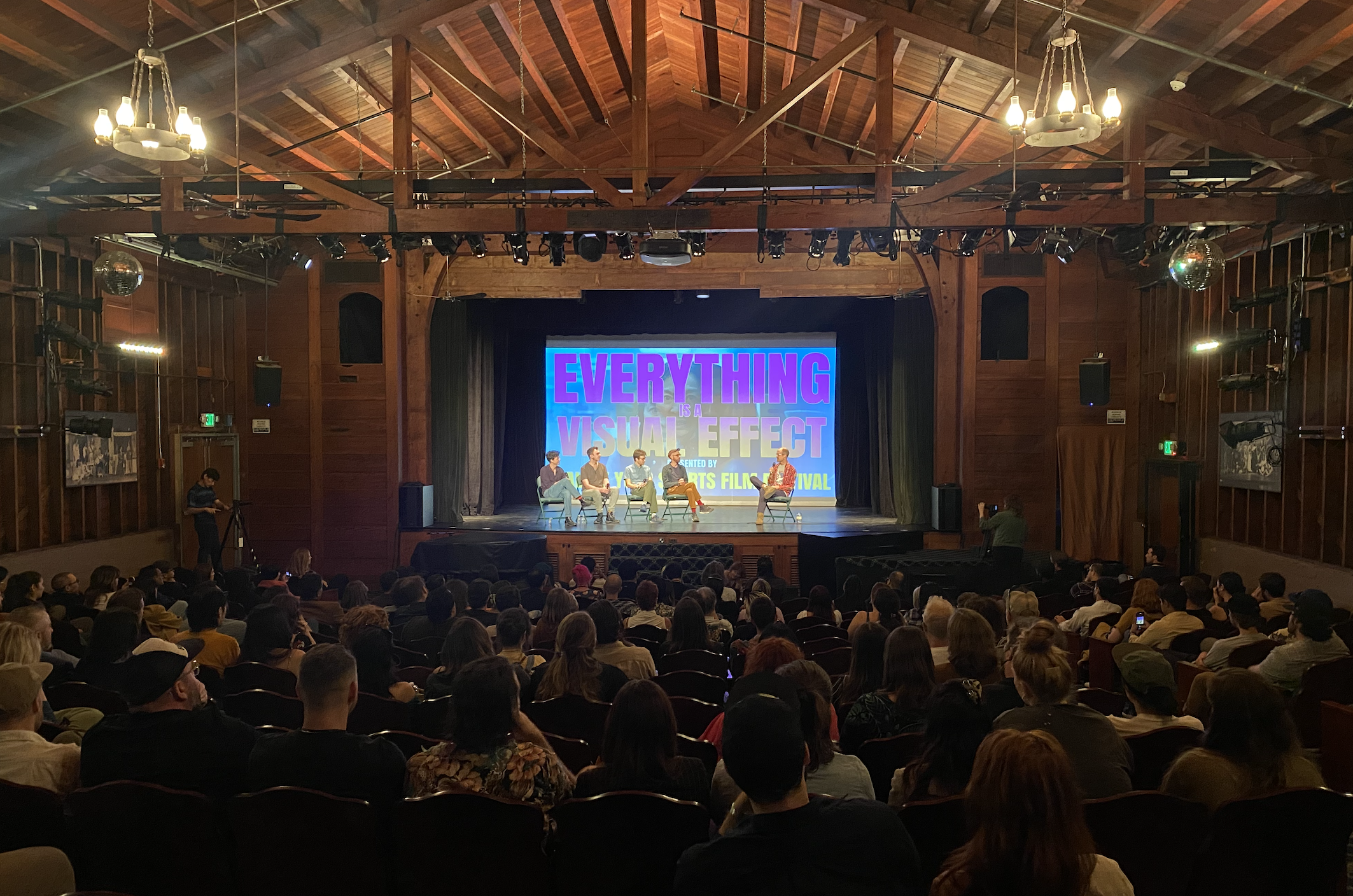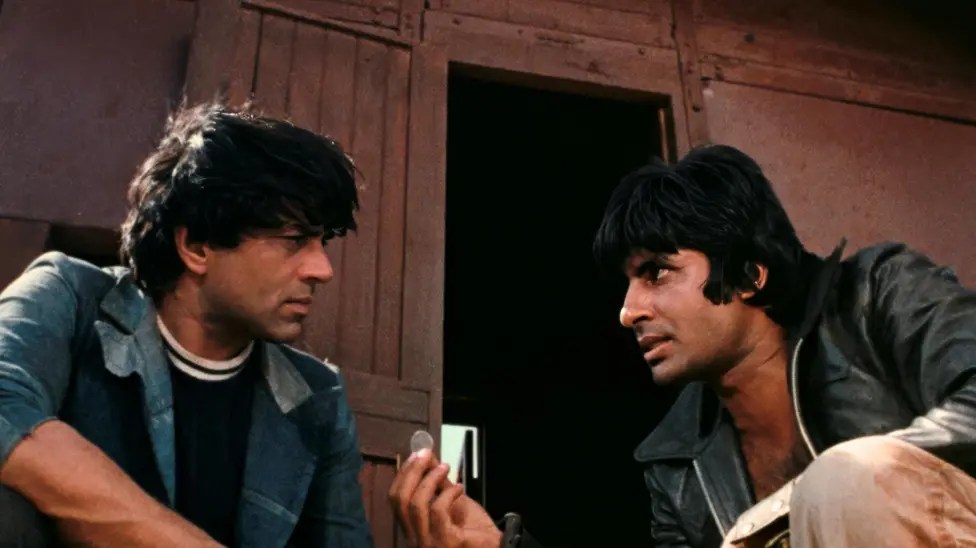Let’s just say it: Hollywood creators look down on digital creators. The fashion gurus and family lifestylers and cats with nearly 16 million followers are all the rage, but they’ve got nothing to do with the work that goes into creating Oscar- and Emmy- winning film and TV.
But what if all those Instagram and TikTok icons knew how to teach Hollywood veterans how to get an edge in being hired to create all that award-winning work? Instead of keeping a password-protected reel, why shouldn’t an art director use social profiles as an engaging and public-facing portfolio?
That’s the pitch for Flipping the Script, a two-day course sponsored by G&B’s College of Influence. It’s the online education arm of the 10-year-old management company, which reps more than 100 content creators (including the ones linked above). Now G&B wants to hand its playbook to Hollywood’s below-the-line talent.
Creating Employment, Not Influencers
Before you give in to oh good, more influencers are just what we need, consider that when IMDb launched in the ‘90s industry response ranged somewhere between polite curiosity and WTAF.
Today, an IMDb profile is the first thing anyone checks when hiring or starting a new job: Who are these people I’m working with and what are they about? However, the platform founded 35 years ago also shows its age: static profiles, clunky updating, and limited personalization.
It’s not a stretch to imagine that personal branding becomes the new norm for everyone who makes Hollywood run.
G&B director of education Joey Gagliardi reframes social media as a professional tool. “Why keep your reel hidden when you can publish your work, put paid [boosting] behind it, and build an audience that proves your skills?” he said. “That audience can translate into jobs and collaborations.”
While the company brokers thousands of sponsorship deals each year for clients ranging from Chanel to Walmart, that’s not the goal here.
“I don’t think at this time we’re the most knowledgeable about how to take a film editor and get them into a brand deal,” said G&B founder Kyle Hjelmeseth. “We’re teaching the tools that influencers have refined over the last 15 years. How to share your ideas, showcase your craft, and let people see your creative point of view.”
For crew members, it’s less about follower counts and more about showcasing artistry — inventive editing, lighting rigs, or world-building — while also signaling they’re available for work.
“It’s an investment in yourself,” Gagliardi said. “You’re building a brand, and that brand is what makes studios, producers, and eventually even audiences invest in you.”
What’s in It for G&B?
So if Hjelmeseth and Gagliardi aren’t looking to launch a division for craft artists, why the two-day seminar at Soho Works? It’s the first in-person class for the online school, and it’s free.
The G&B principals like to talk about sharing their tools and seeing what comes from it. “The innovative moment — the true mashup of entertainment and creators — hasn’t happened yet,” Hjelmeseth said. “We want to be part of defining what that looks like.”
Sure, but there’s also this: Teaching guild and academy members how to think like digital creators starts to level the playing field. When the establishment starts to behave like the upstarts, it gives the upstarts — like the people G&B manage — a leg up.
“We’ve been doing this for 10 years. We know the tools, we know how this works,” Hjelmeseth said. “If we can give creatives a way to put their ideas out there and help them stay employed, that’s worth it.”
It’s also worth noting that the school creates custom, paid courses for consultations. If this really does become the new normal, how big is that market? One word: IMDb.
G&B and Soho Works will host Flipping the Script August 21 and September 4 at Soho Works in West Hollywood. Registration is free and limited to members of the film and TV academies as well as guild members.
✉️ Have an idea, compliment, or complaint?
dana@indiewire.com; (323) 435-7690.

This essay from the Obsolete Media Substack celebrates the independent video rental stores that remain in business and wonders if an abundance of instant choice is eroding our ability to appreciate media.
Independent filmmakers are constantly being told that distributors are unlikely to help them in the way that they might have 20 years ago, and that the way to succeed in today’s marketplace is to take the business side of the equation into your own hands. It’s great advice, but that means we have to learn the kinds of industry secrets that were once reserved for distributors and publicist. This breakdown of the annual film calendar and the best times for indie releases is a great resource for anyone with a completed film who is thinking about taking the next step.
A favorite topic of many film historians are the projects that our favorite writer-directors unsuccessfully tried to make. Writing for the Film School Sucks Substack, Adam Petrey offers an appreciation of the ways that unproduced screenplays from great filmmakers went on to shape their artistic development — and in some cases, even contributed to their legacies. It’s a reminder that writing your passion projects is always a worthwhile endeavor, even if the current market seems unreceptive to them.
Quibi was one of the more public failures in recent entertainment history, but does its bet on big-budget, short-form narrative content make more sense with the benefit of hindsight? This essay explores whether Quibi could have worked in a different era or with better execution, circling around a question that will help define the next era of filmmaking: is the appeal of short-form content inherently tied to its DIY relatability, or will we ever see our movie stars and auteurs lending their talents to short-form stories?
Writing for his Amauteur Substack, filmmaker Adam Kritzer offers a detailed recounting of the kind of indie film rollout that’s much more realistic than the pie-in-the-sky success stories we often hear: a premiere at a respected regional festival followed by an online release that failed to translate much of the interest it generated into financial value. It’s a compelling read for anyone with even a passing interest in film distribution, and filled with vital lessons for filmmakers crafting their own release strategies.



